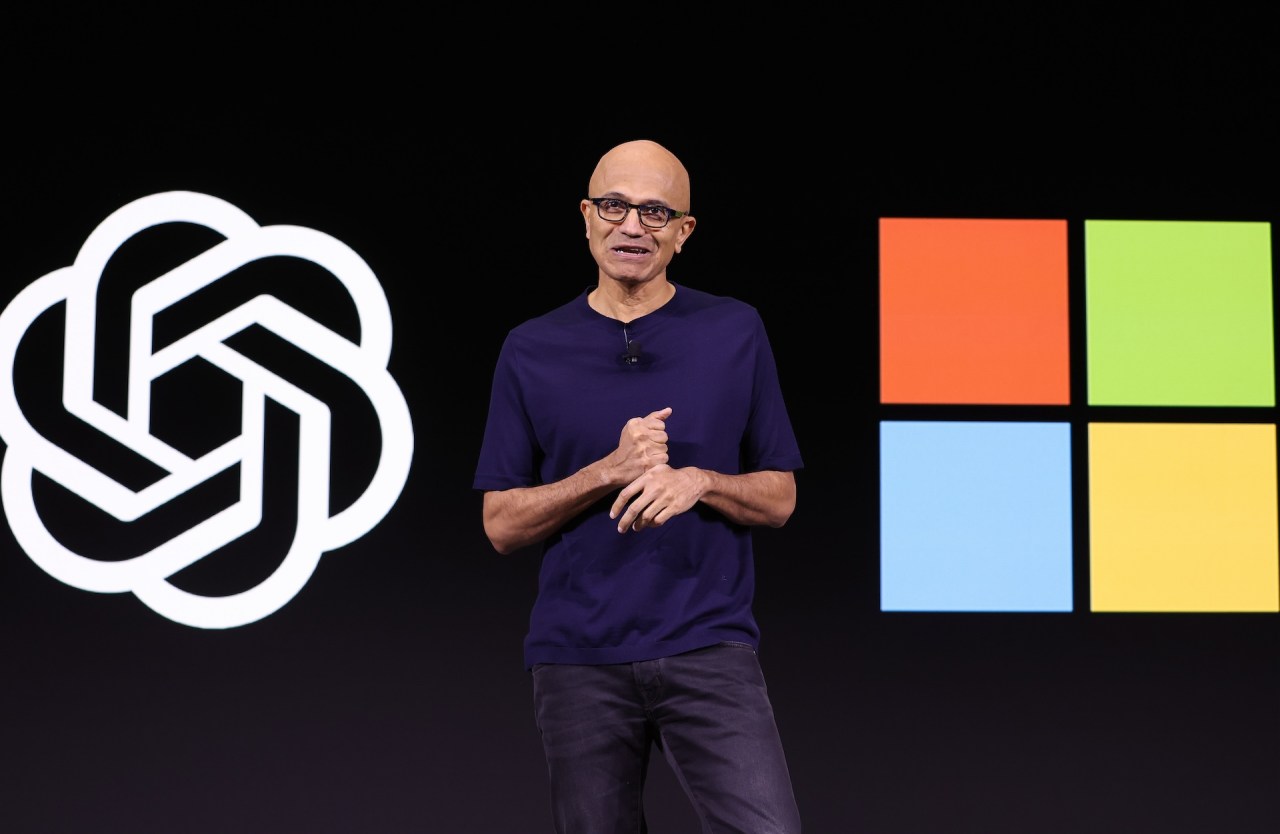The tech landscape is continuously evolving, and it can often feel like a Game of Thrones scenario where alliances shift, and previously strong collaborations morph into rivalry. The recent developments concerning Microsoft’s position regarding OpenAI illustrate this perfectly. Having invested an astonishing $13 billion in OpenAI, a partnership that has easily cemented its role as OpenAI’s exclusive cloud provider, Microsoft takes an intriguing new step by listing OpenAI among its competitors in a recent SEC filing. This move introduces a new chapter in their complex relationship while raising eyebrows across the industry.
The Competitive Shift
In its annual 10K filing, Microsoft categorized OpenAI alongside established competitors like Anthropic, Amazon, Meta, and even Google in the context of AI and search. The company’s newfound perspective on OpenAI as a ‘competitor’ comes in the wake of OpenAI’s recently launched SearchGPT feature that positions it directly against Microsoft’s search services. This classification sends a clear signal about the competitive dynamics of the AI landscape, prompting us to ponder: could strategic partnerships turn into rivalries when substantial investments are on the line?
Strategic Maneuvering Amidst Antitrust Concerns
This classification of OpenAI as a rival could reflect Microsoft’s strategy to mitigate regulatory scrutiny. With the FTC investigating its ties to OpenAI amidst growing antitrust concerns, labeling the startup a competitor could serve to placate any apprehensions around monopolistic behavior. By sharing this narrative publicly, Microsoft might be attempting to reassure stakeholders that it is fostering a competitive ecosystem rather than creating an insular environment.
Lessons from the Past
Silicon Valley has a long history of partnerships morphing into competitions; for instance, the relationship between Yahoo and Google serves as a vital case study. Yahoo, once the dominant search engine, found itself in a position of disadvantage after partnering with Google for search results. This partnership provided an initial edge but eventually gave way to Google’s rise as the industry’s leading force. Could a similar fate await Microsoft and OpenAI?
A Broader AI Vision
While Microsoft publicly categorizes OpenAI as a competitor, it is also diversifying its AI endeavors. Recently, the tech giant brought in the co-founders of billion-dollar AI startup Inflection AI to steer its newly formed AI division. By investing substantially in Microsoft Copilot and fostering AI initiatives independent of OpenAI, it is clear that Microsoft does not intend for its future to be solely tied to its relationship with OpenAI.
Conclusion: Navigating a Complicated Relationship
As Microsoft charts its path through the bustling AI landscape, the implications of its partnership-turned-competition with OpenAI remain to be seen. The interplay between collaboration and rivalry necessitates strategic navigation—where both players must remain vigilant. While this evolving relationship could signal a competitive environment ripe for innovation, it also raises important questions about sustainability and mutual growth in an increasingly intertwined market.
At **[fxis.ai](https://fxis.ai)**, we believe that such advancements are crucial for the future of AI, as they enable more comprehensive and effective solutions. Our team is continually exploring new methodologies to push the envelope in artificial intelligence, ensuring that our clients benefit from the latest technological innovations.
For more insights, updates, or to collaborate on AI development projects, stay connected with **[fxis.ai](https://fxis.ai)**.

